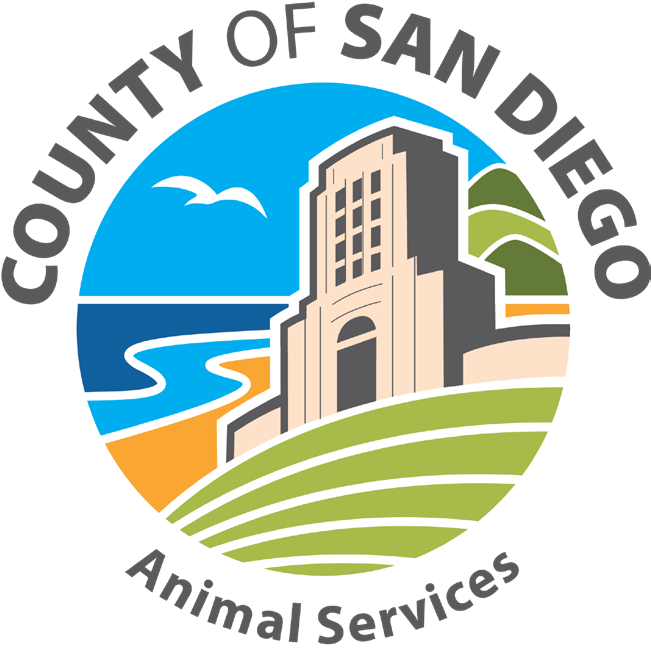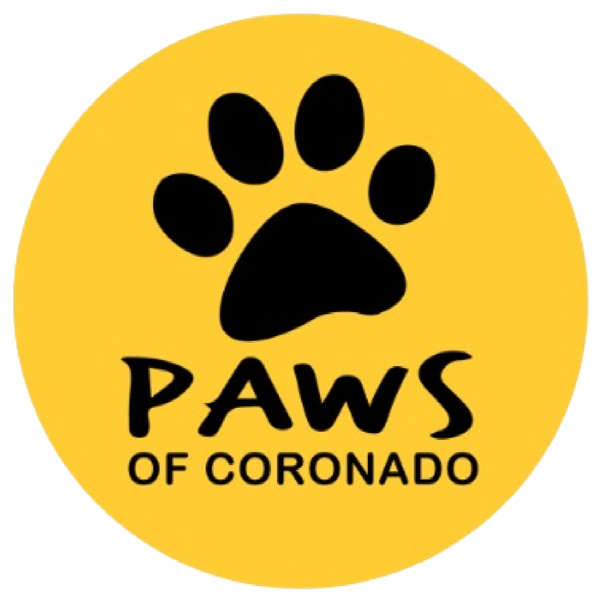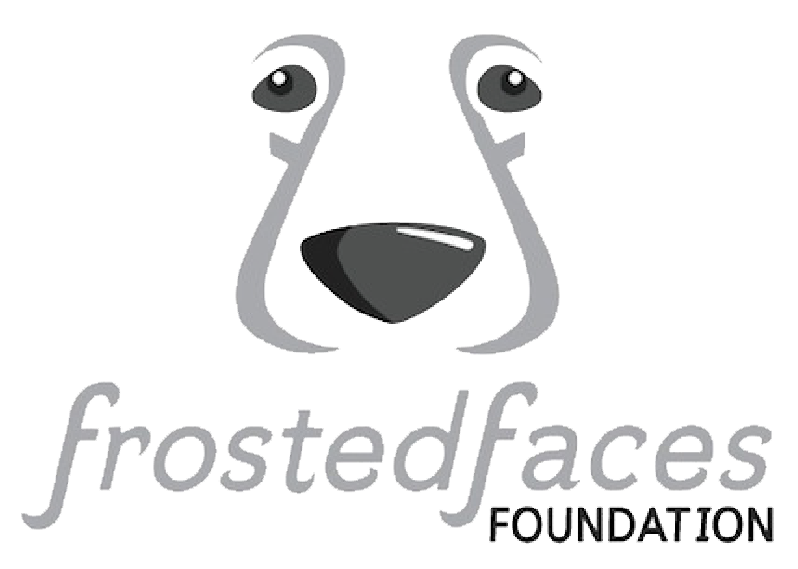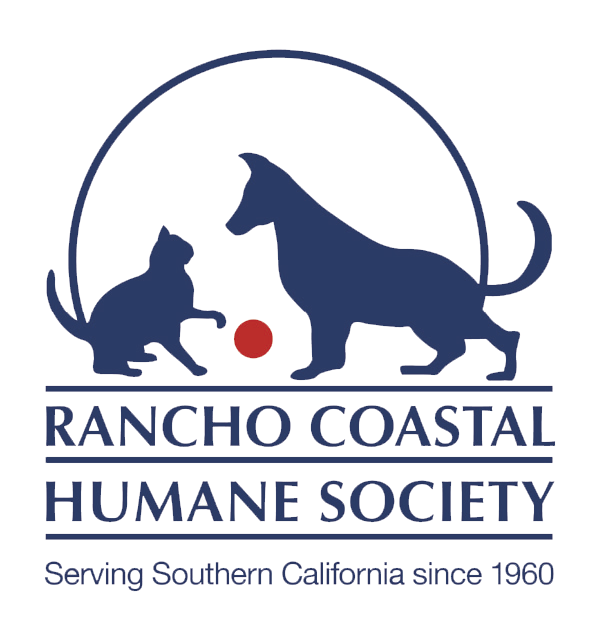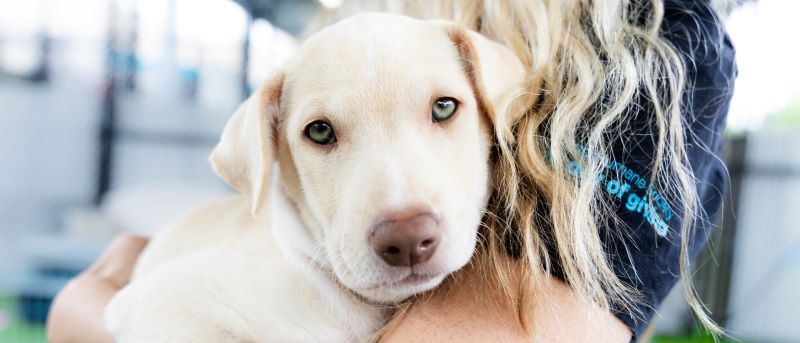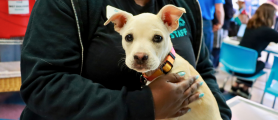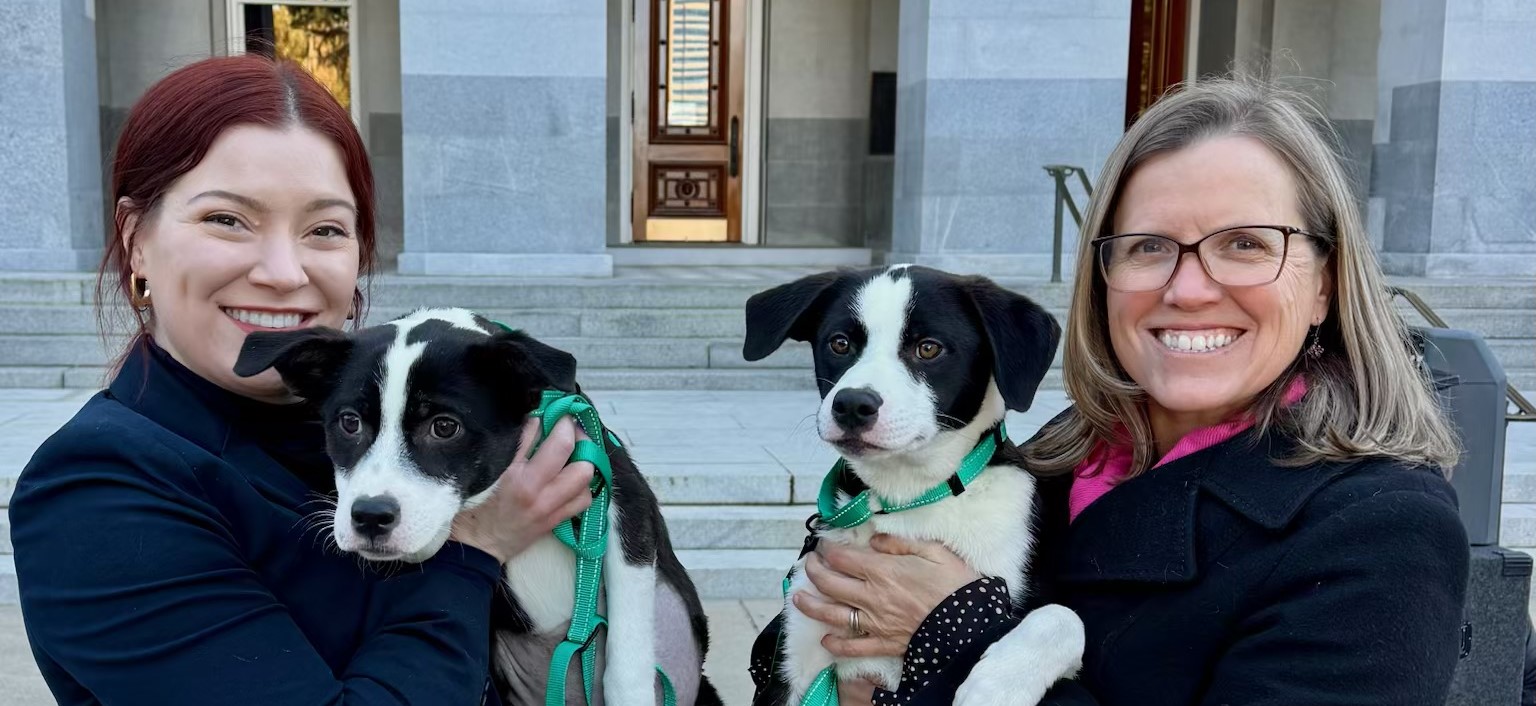San Diego Animal Welfare Coalition Urges Community to “Think Adoption First”

With record numbers of animals currently in shelters, the San Diego Animal Welfare Coalition urges community members to “think adoption first” when considering adding an animal to their family. Adopting a shelter pet comes with considerable benefits for the adopter – but most importantly, it saves lives and directly ensures that San Diego County can Stay at Zero euthanasia of healthy or treatable shelter pets.
Even though San Diego County is one of the safest communities for animals, our shelters are over capacity and filled with animals in need of new homes. Animal welfare organizations alone, no matter how dedicated, cannot ensure a future in which every shelter pet is safe. We need those who are looking to add pets to their families to choose adoption.
We recognize that many people are looking for animals with certain traits — and right now, animals of nearly every size, shape, age and breed can be found in shelters or rescues. No matter what type of pet you’re seeking — from puppies and kittens to senior pets, tortoises, rabbits, guinea pigs and more — you can find a great match at a shelter and be a hero for animals in the process. The impact of adoption has a ripple effect: By giving one incredible pet a second chance, you open up space in the shelter for another life to be saved.
Additionally, there are many practical reasons to consider adoption. Every pet adopted from a shelter or rescue has been microchipped, vaccinated and spayed or neutered — services that can easily cost a pet family over $1,000. Every shelter or rescue in the San Diego Animal Welfare Coalition also offers an adoption guarantee, meaning they will welcome the animal back into their care at any time if it isn’t the right match.
Although there are tremendous benefits to choosing adoption, we understand that some community members are committed to obtaining a specific breed that may not be available from a shelter. In these cases, we urge adopters to explore breed-specific rescue groups to obtain their new pet. Many breeds have local or national rescue groups dedicated to their specific breed and they can be a great source to rescue a pure-bred animal. There are also rehoming websites, where people who have to give up their pets post about their animals and look for new owners without bringing them to the shelter.
If efforts to find a pet through a shelter or breed-specific rescue group are unsuccessful, we want to ensure that people understand how to identify a reputable breeder and are not inadvertently supporting inhumane puppy mills. While the San Diego Animal Welfare Coalition stands in firm opposition to puppy mills and backyard breeders that sell animals for profit at the cost of their wellbeing, we acknowledge that there are reputable breeders who care for animals responsibly and seek to place them in loving homes.
When purchasing a pet from a breeder, important steps to take include:
- Look for the right pet, not just the right breed. People often choose breeders because they believe that a purebred animal will have specific traits. The reality is that animals are individuals, and their temperament and behavior can vary significantly. Additionally, many purebred pets are predisposed to certain health issues. We recommend choosing a pet who is a good fit for your family and lifestyle, regardless of breed. However, if you are committed to a certain breed, we encourage you to explore one of the many breed-specific rescues first.
- Do your research. If you choose to purchase a pet through a breeder, be sure they are a reputable, licensed business. Avoid purchasing animals from Craigslist, social media sites or locations like swap meets. We strongly recommend visiting the breeder in person to see the conditions the animals are living in, especially the mother dog.
- Ask questions. A reputable breeder will be happy to provide you with information about the animals in their care. Feel free to inquire about their business license, how many mothers the breeder keeps on-site, how frequently litters are available and what their living conditions are.
- Make sure the animal has been seen by a veterinarian. Request the pet’s vaccination records from the breeder and confirm the records with the veterinarian. Ensure the animal doesn’t seem ill, depressed or lethargic — these could be signs of serious medical problems as well as neglect.
- Pay with a traceable form of payment and ask for a receipt. The receipt should include the breeder’s name, address and license number. It’s a red flag when a breeder will only accept cash.
- Ask for a health guarantee and find out if the animal can be returned for any reason. Reputable shelters, rescues and breeders will welcome animals back into their care if the pet has unexpected medical issues — or if they simply aren’t the right match. A breeder who agrees to these conditions is more likely to have the animal’s best interests in mind.
- Do your part to stop unethical breeders. Consumers have the power to put an end to irresponsible breeders by not buying pets from them. We encourage everyone to report concerns about unscrupulous breeders and violations of California’s pet retail ban law, known as Bella’s Act (AB 2152), by calling San Diego Humane Society’s Humane Law Enforcement team at 619-299-7012 (press 1).
Together, we can ensure that San Diego County remains the safest and best place to be an animal by thinking adoption first and supporting only responsible breeding.
Report Violations
We encourage community members to report concerns about unscrupulous breeders and violations of California’s pet retail ban law, known as Bella’s Act (AB 2152), to the appropriate animal services provider. For situations in San Diego Humane Society's jurisdiction, please contact our Humane Law Enforcement team at 619-299-7012 (press 1).
Published: September 17, 2024



